|
Neonicotinoid insecticides, also called neonics, have been banned across Europe. That's because they cause tremendous collateral damage when applied to crops and seeds. This includes threatening a wide range of pollinator species like honeybees. In Africa, demand and use of the insecticide is on the rise. Peter McGrath, Nina Hobbhahn and Mike Norton argue that this needs to change, and outline how it might be done.
Female genital mutilation remains stubbornly prevalent in parts of Africa, Asia and the Middle East despite the harm it does to women and girls. Tamsin Bradley explains why it's so difficult to tackle the problem. And, in a previously published article, she unpacks how resources could be better channelled towards efforts to halt the practice.
All the development goals set out by the United Nations have two major issues at their core: food and fairness. As Lise Korsten explains in this edition of Pasha, to deliver on both requires a national approach. In today's episode of Pasha she looks at how South Africa can get this right.
|

A bee on a flowering plant.
Shutterstock
Peter McGrath, The InterAcademy Partnership; Michael Norton, European Academies’ Science Advisory Council ; Nina Hobbhahn, European Academies’ Science Advisory Council
The sustainability of African agriculture is critical to the continent’s food security and for maintaining agriculture’s contribution to Africa’s rural communities and national economies
|
|
|
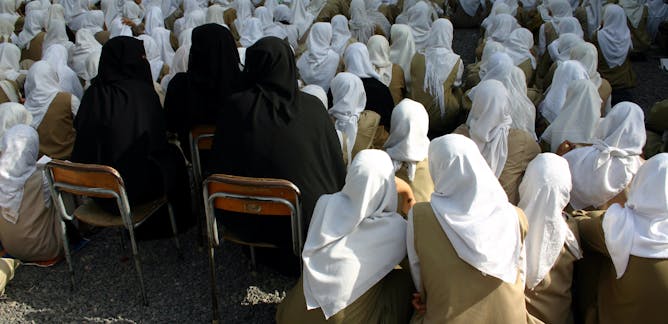
Tamsin Bradley, University of Portsmouth
An estimated 130 million women have undergone female genital mutilation and millions more are at risk. The practice is carried out mainly for cultural and economic reasons.
| |

Tamsin Bradley, University of Portsmouth
Efforts to end female genital mutilation are mostly designed by global and national agencies and risk ignoring change agents like the youth who are against the practice.
|
|
|
Politics
|
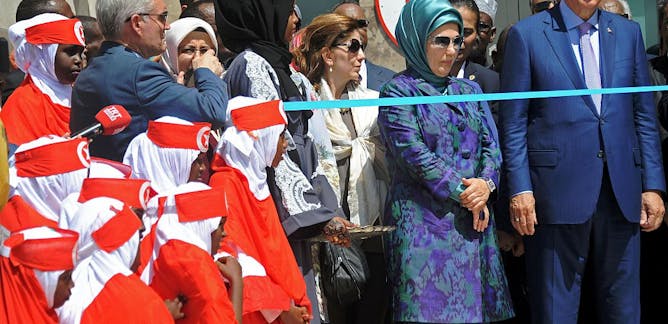
Prof Francois Vreÿ, Stellenbosch University
Turkey harbours strong national ambitions, and a willingness to grow and use its military muscle alongside economic instruments.
| |

Ishmael Munene, Northern Arizona University
The current threat to university autonomy has been triggered by a myriad of financial and administrative challenges
|
|
|
Podcasts
|
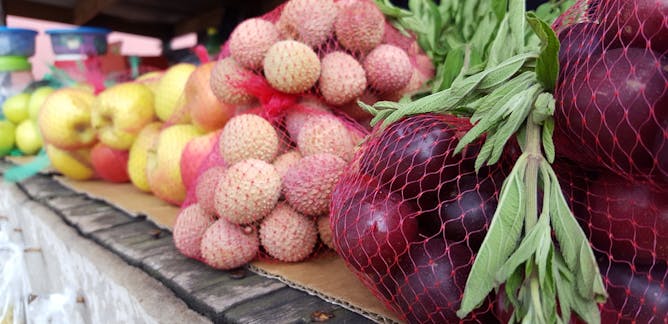
Ozayr Patel, The Conversation
Healthy food is fresh food and it needs to be made affordable for everyone.
| |
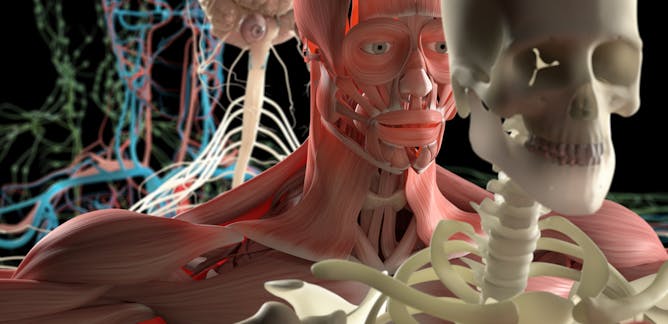
Brendon Kurt Billings, University of the Witwatersrand; Kimberleigh Ashley Tommy, University of the Witwatersrand
Dissection also plays an important role in introducing students to death. It provides moral and ethical training for students as well as a humanistic approach to patient care.
|
|
|
From our international editions
|

Frederick Cohan, Wesleyan University; Kathleen Sagarin, Wesleyan University; Kelly Mei, Wesleyan University
Some of the world's worst diseases have come from animals. Bats, cows, camels and horses have all contributed. Now, scientists are working to know which animal introduced the new coronavirus.
| |

Xun Zhou, University of Essex
The Chinese Communist Party has long used healthcare as part of its propaganda operation.
|
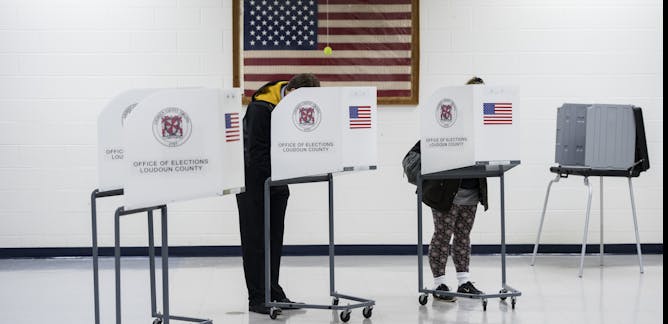
Scott Shackelford, Indiana University
Around the world, elections are under attack. U.S. officials could learn from other countries about how to ensure everyone's vote is recorded and counted accurately.
| |

Mary Frances O'Dowd, CQUniversity Australia
Systemic racism looks at the way racism opperates over all of society, not just in one-on-one interactions.
|
|
|